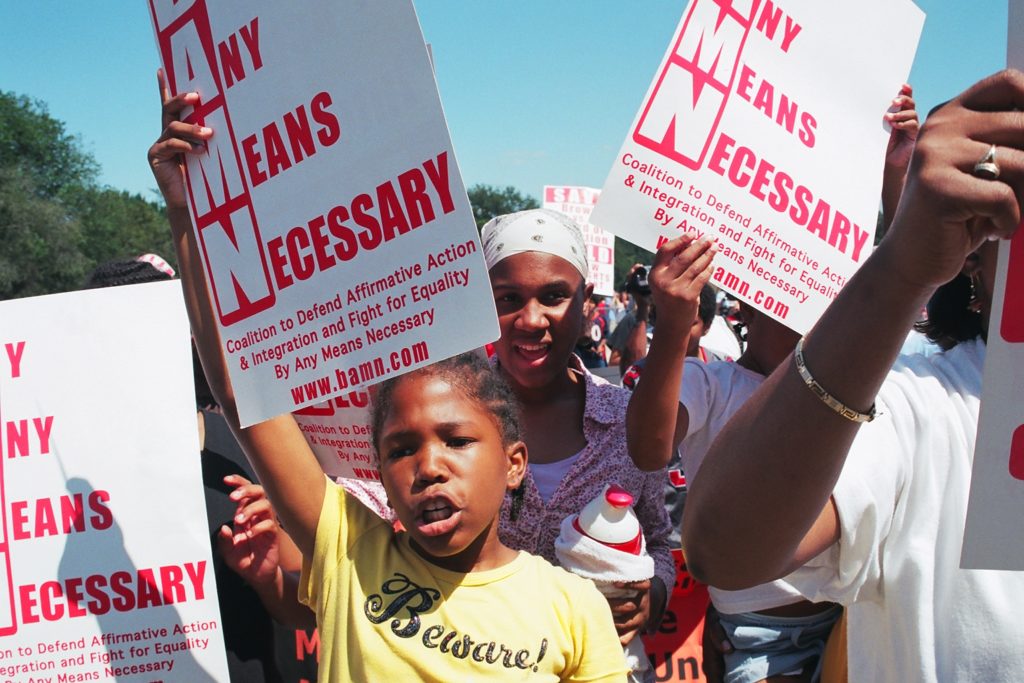Column: We will not “whiten up”
October 18, 2018
Though Northeastern boasts diversity, Black students struggle to navigate the harsh reality of existing in predominantly and/or presumed white spaces. Black students must be mindful of this through the application process and after acceptance.
This “harsh reality” is implemented by universities that have warped the purpose of affirmative action so as to choose the type of minorities they want. There is statistical evidence that institutions of higher learning look to admit students based on racial salience. Black students deemed racially apolitical are more likely to be accepted over those categorized as concerned with anti-racism and racial justice. In other words, the Black football player who stands, not the Colin Kaepernick who kneels.
The Department of Justice retracted the national commitment to diversity that affirmative action represented. The Harvard lawsuit went to trial Oct. 15. But in a climate charged by polarizing racial and political tensions, it is just as reflective of the heated debate of race in admissions. Moreover, it is symbolic of a public referendum of affirmative action in America.
While some argue affirmative action is flawed, it forced higher education to give minorities an equal chance as a way to make amends for institution’s historical complicity with systemic racism. The problem is, for Black students, we’re still chanting “Black Lives Matter” to universities who fail to understand we are preaching to the diversity they supposedly want.
Worse yet, that racism has not left. Systems of racial and social control erected in modern politics and American culture reflect ingrained institutional racism that continues to fester. Minorities in America face the consequences while our white counterparts reap the benefits.
Universities must be held accountable for creating a system that favors students who “whiten” their resumes and “lighten up” their applications to fit the criteria of the docile minority student they want.
To them I say: Careful, your racism is showing.
I didn’t whitewash my application to Northeastern and other schools I applied to, but I worry the same pride I hold for my self-identity that I see in my little sister will be the reason she does not get into the university she wants to attend.
This concern is based on an advantage we suffer the ramifications of: white privilege. It is a privilege to not have to censor parts of yourself to the predominant audience that controls your opportunities when that audience already looks like you.
No one should have to sacrifice authenticity for opportunities deemed inherently equal. Yet, when it comes time for her to apply, which will cost my sister more?







